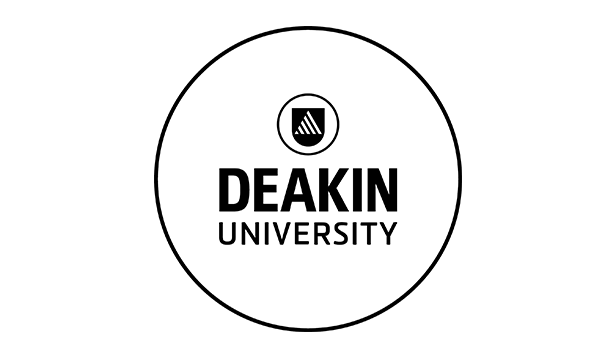AU18 Bachelor of Environmental Science (Wildlife and Conservation Biology) Deakin University
-
THÔNG TIN CHUNG
Deakin’s Bachelor of Environmental Science (Wildlife and Conservation Biology) gets you out of the classroom and into nature. Learn how to capture and handle native animals, measure the health of ecosystems, survey wildlife populations, develop conservation strategies and even have the opportunity to visit global biodiversity hot-spots.
Do you want to create a better world for future generations, a world full of wildlife?
If you’re passionate about the environment and wildlife, this course allows you to focus on 'real-world' problem-solving and applied solutions to wildlife and conservation issues. Throughout your studies, you’ll acquire knowledge, skills and practical expertise in a range of areas, such as:
- biodiversity
- wildlife and landscape ecology
- landscape and vegetation management
- conservation (such as planning and managing park/reserve networks, saving threatened species, and reducing threats)
- wildlife biology and behaviour
- fire ecology
- wildlife monitoring and research.
Deakin is a leader in the environmental science education sector, with this specialised course being the first of its kind to be offered in Victoria.
You’ll be part of a cohort that focuses on fieldwork and hands-on experience out in the wild. You can take part in a remote field studies camp each year of your course, professional work placements within environmental agencies and have extensive opportunities to broaden your horizons through overseas study experiences. There are also regular practical classes at every year level with extended wildlife field trips planned to get you outside and learning in nature.
Professional work placements are an important feature of this course and you’re encouraged (and can even get credit) to volunteer in local, regional and international environmental programs. This strong focus on professional skills development will prepare you for an exciting career in a diverse range of industries. An additional six to 12 months of paid, relevant industry experience may be available through the Faculty work-integrated learning program. -
CƠ HỘI NGHỀ NGHIỆP
As a graduate of the Bachelor of Environmental Science (Wildlife and Conservation Biology), you’ll be qualified for a career in wildlife conservation and management, or in environmental science more generally, and ready to take up challenging roles such as:
- wildlife officer
- conservation officer
- wildlife manager
- park ranger
- project officer
- environmental consultant
- research scientist
- wildlife biologist
- conservation biologist
- landscape ecologist.
Opportunities exist to work with wildlife, including their habitats and threats, and the policies and strategies that guide management. You could obtain these types of jobs in the private, government and not-for-profit sectors.
Once you’ve gained five years’ experience working in the environmental industry, you may be eligible to become a Certified Environmental Practitioner through the Environment Institute of Australia and New Zealand (EIANZ)
- ĐIỀU KIỆN ĐẦU VÀO
- ĐIỀU KIỆN NGÔN NGỮ
- HỌC BỔNG
- ĐỊA ĐIỂM
Tóm tắt
-
Phí ghi danh
0
-
Độ dài khoá học
3 năm
-
Kỳ nhập học
Tháng 3
Tháng 7
Phí Cơ Bản
-
Loại Tiền
-
Học Phí
Trên năm -
Phí Sinh Hoạt
Trên năm -
Tổng






